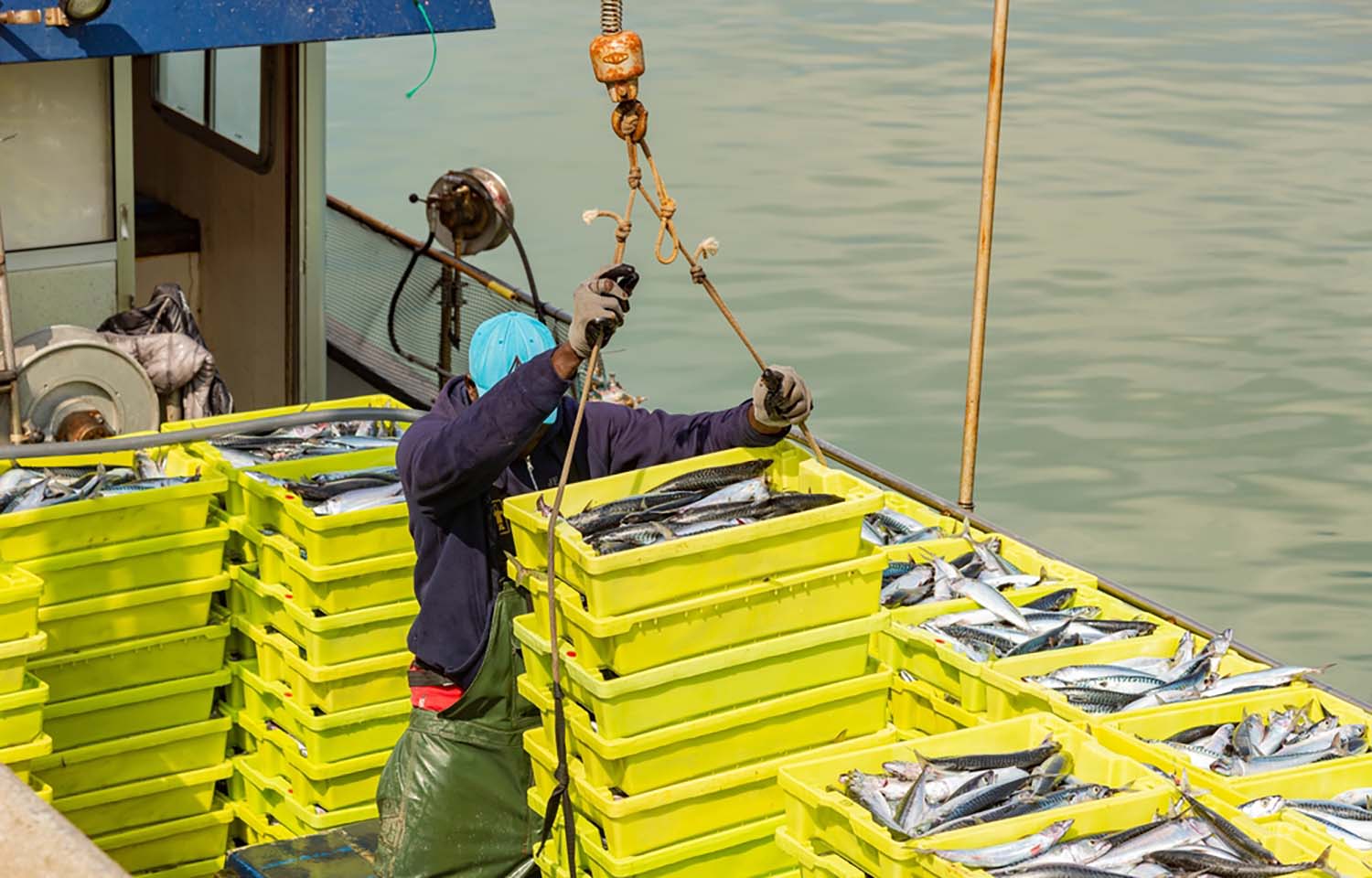A dispute over how best to manage pelagic stocks in Northeast Atlantic fisheries has raged for over a decade, but the European nations involved in the debate don't appear any closer to a solution.
Disagreements surrounding Northeast Atlantic mackerel started around 2010, and since then, no mackerel agreement has encompassed all coastal nations engaged in the region’s mackerel fisheries. The E.U., Norway, and the Faroe Islands had a deal for mackerel quota from 2014 to 2020, but the U.K. left the E.U., the deal fell through, and Brexit has continued to complicate negotiations since.
In the absence of an agreement, there have been frequent allegations of overfishing, not only regarding mackerel but also for the Northeast Atlantic’s two other major pelagic species: herring and whiting. Even though the coastal states generally agree on the scientific advice on the fish stocks, data has repeatedly shown that they end up fishing much more of their share of quota than the International Council for the Exploration of the Sea (ICES) recommends.
The issue is while as a collective the countries agree on what the quotas should be, they later disagree on how to divide that quota. From 2010 to 2022, Norway, the Faroe Islands, Iceland, the E.U., and the U.K. combined fished between 66 and 86 percent more than recommended between 2010 and 2022, as reported by The Guardian, WDR, and Süddeutche Zeitung.
The stocks have so far remained relatively resilient, but scientists worry about the fisheries' future if the countries continue infighting and fishing above scientific advice.
After a panel at the Our Ocean Decade Event in Athens, Greece, which took place in April, Charlina Vitcheva, the director of the E.U.’s Directorate-General for Maritime Affairs and Fisheries (DG Mare), said quota increases implemented by Norway and the Faroe Islands represented a step away from the sustainable management of the stock.
“It's a shame,” Vitcheva said. “These two countries are trying to capitalize now by unilaterally increasing their quota.”
Iceland, the U.K., and the E.U. have been more prudent in its management strategies, but the Faroe Islands and Norway have acted irresponsibly and are directly to blame for the fish stock's loss of its Marine Stewardship Council (MSC) Blue Label for sustainable fisheries, Vitcheva said.
"They are damaging everyone with their actions," she said.
Upon request for further comment, a spokesperson for the European Commission said Norway and the Faroe Islands have actively rejected calls for collaboration that heeds scientific advice.
“While the Commission called on both Norway and the Faroe Islands to return to the 2014 sharing arrangement, this was rejected by both parties,” the spokesperson said. “In the meantime, the E.U. has set consistent and predictable quota shares in line with its quota under the previous sharing arrangement.”
The situation also worries MSC Northern Europe Regional Director Erin Priddle …







